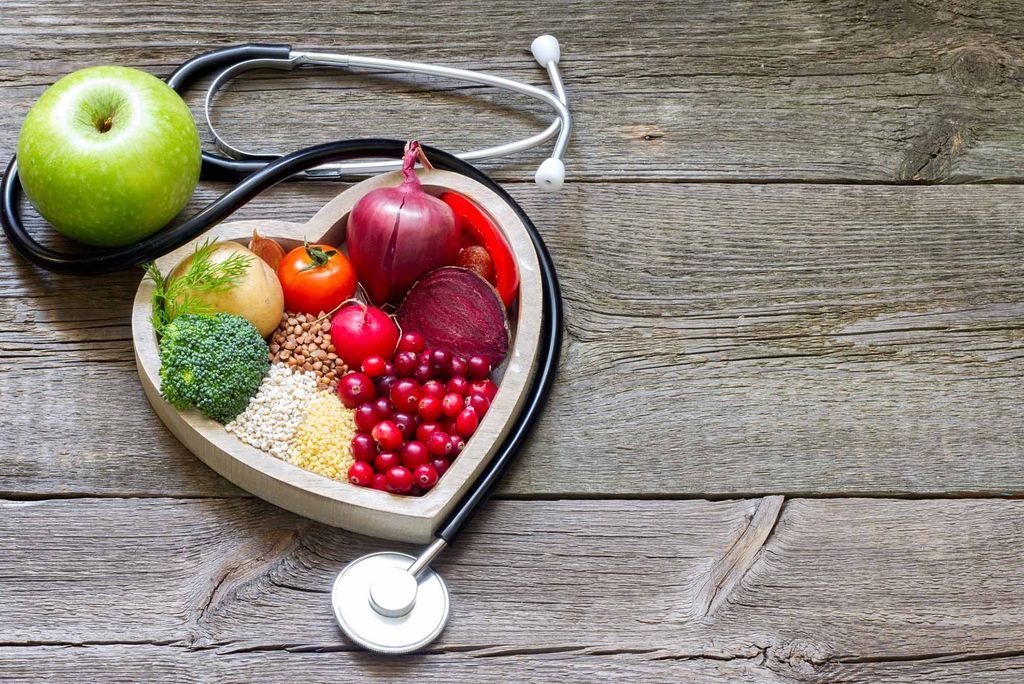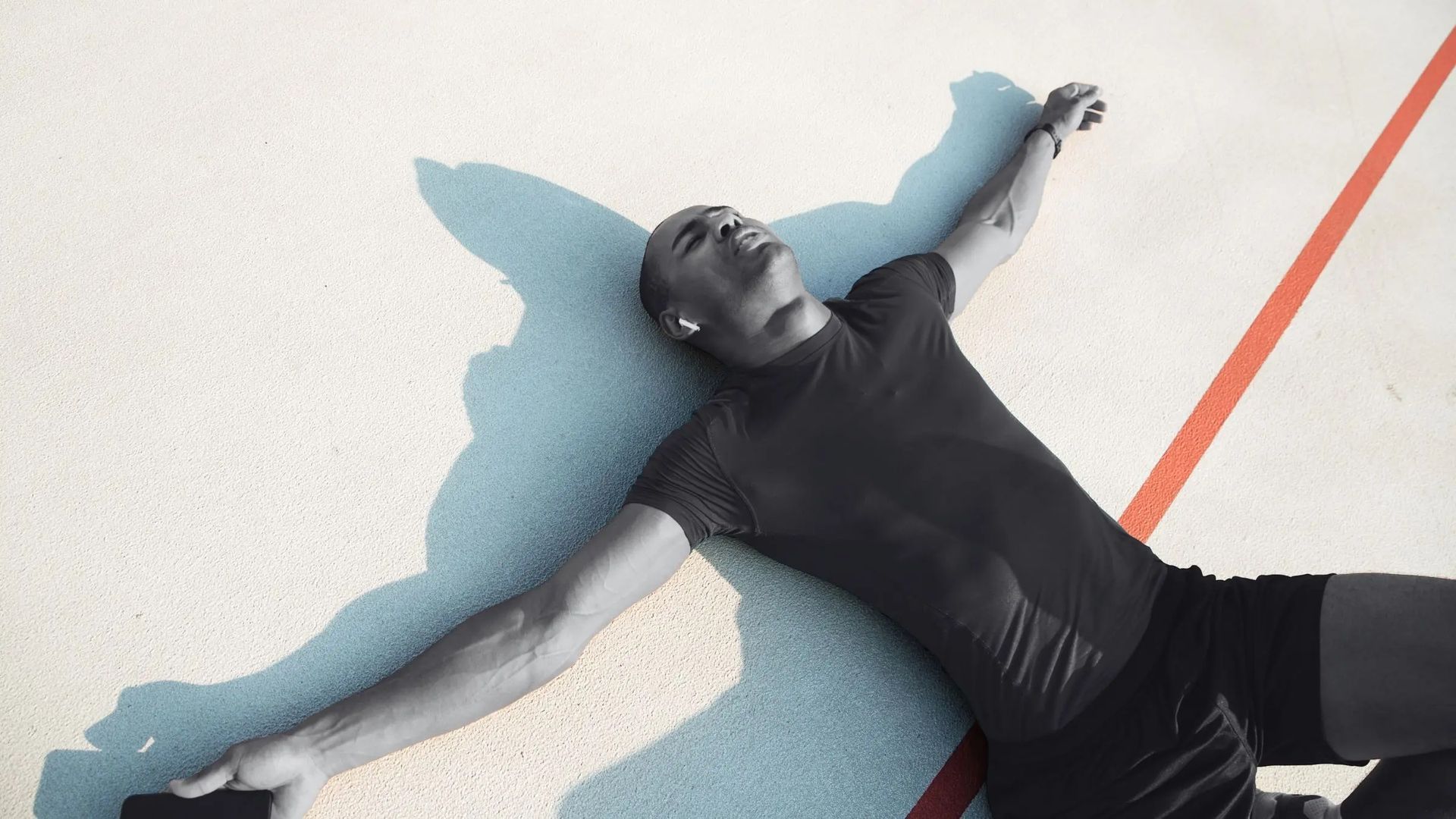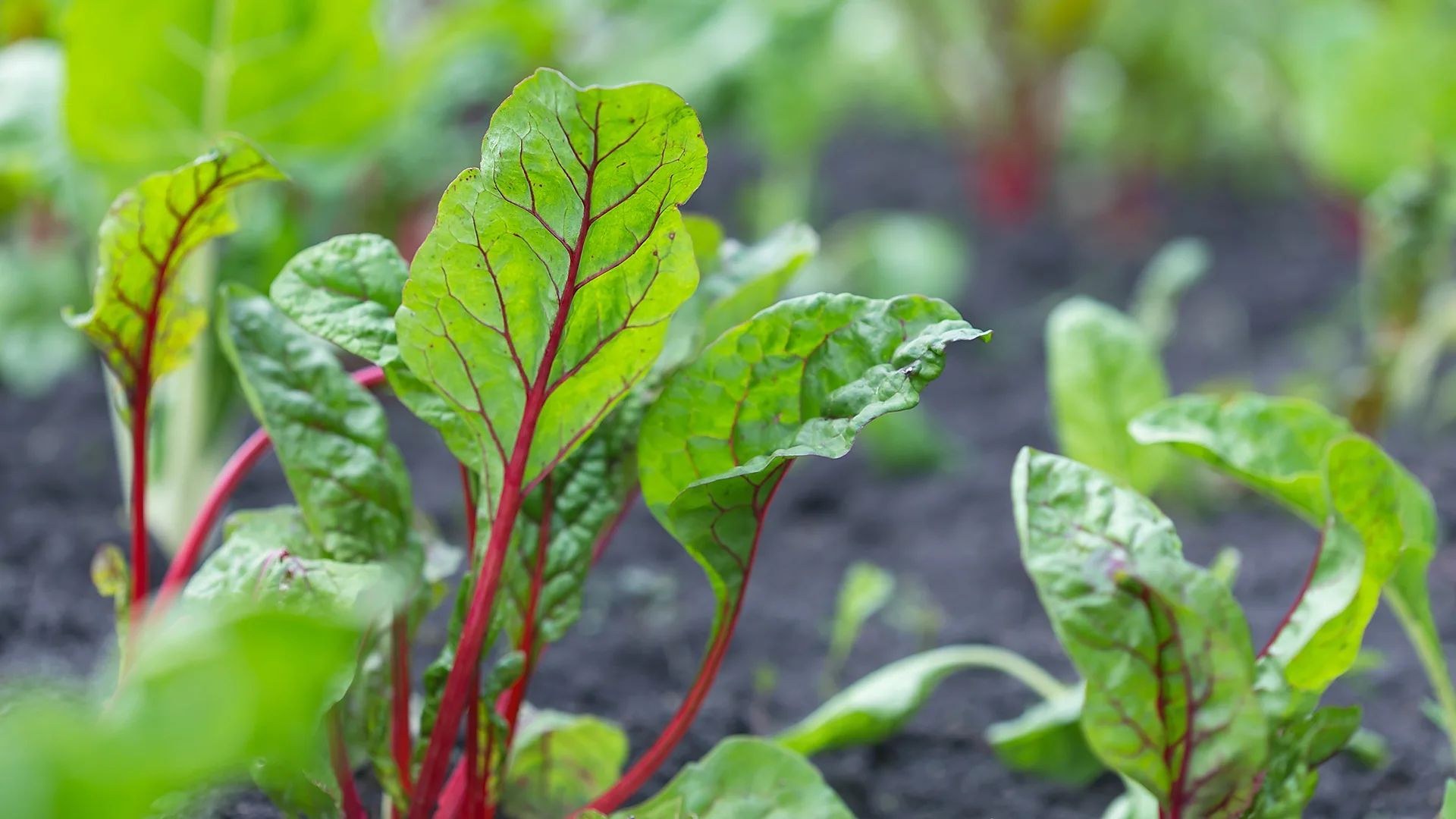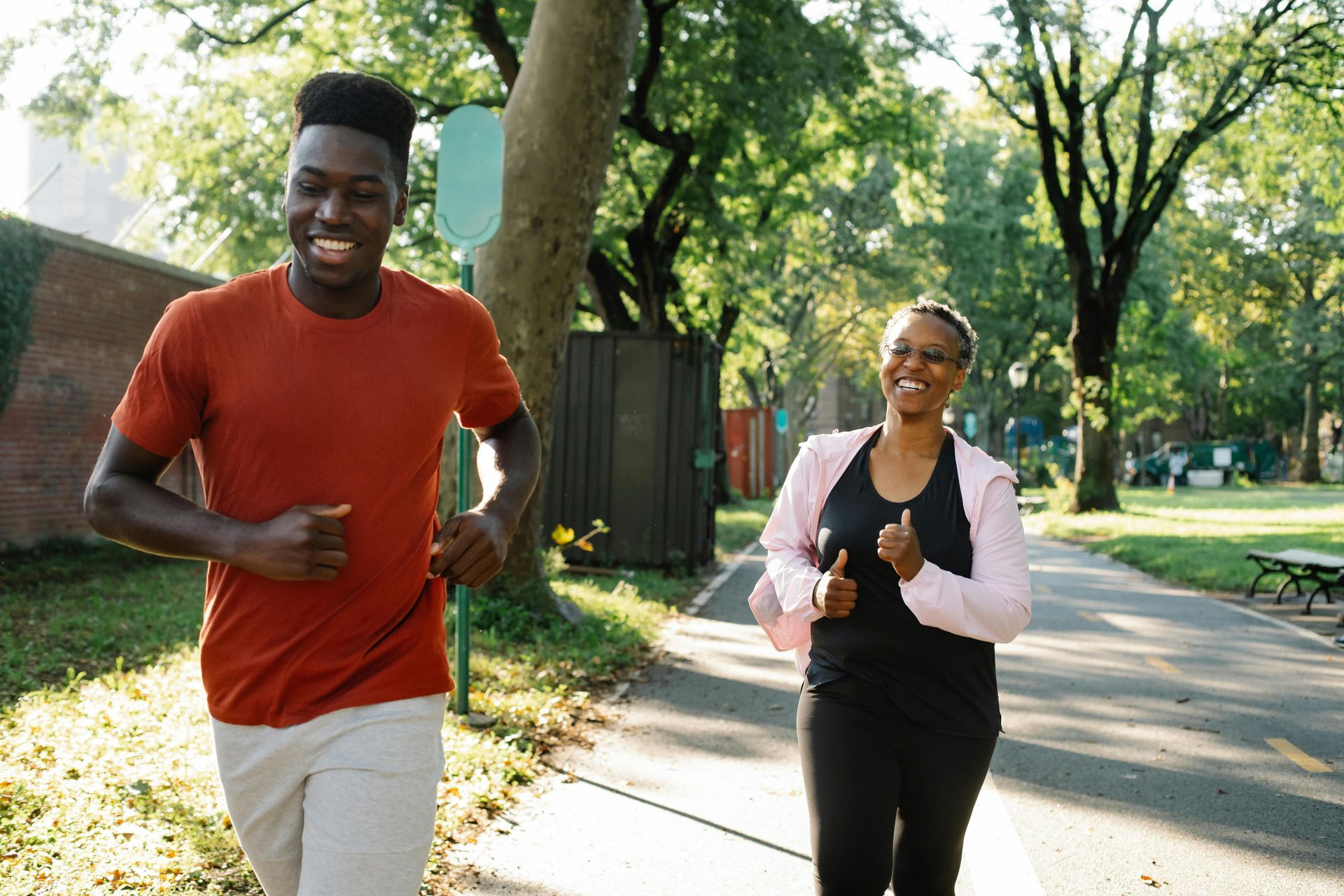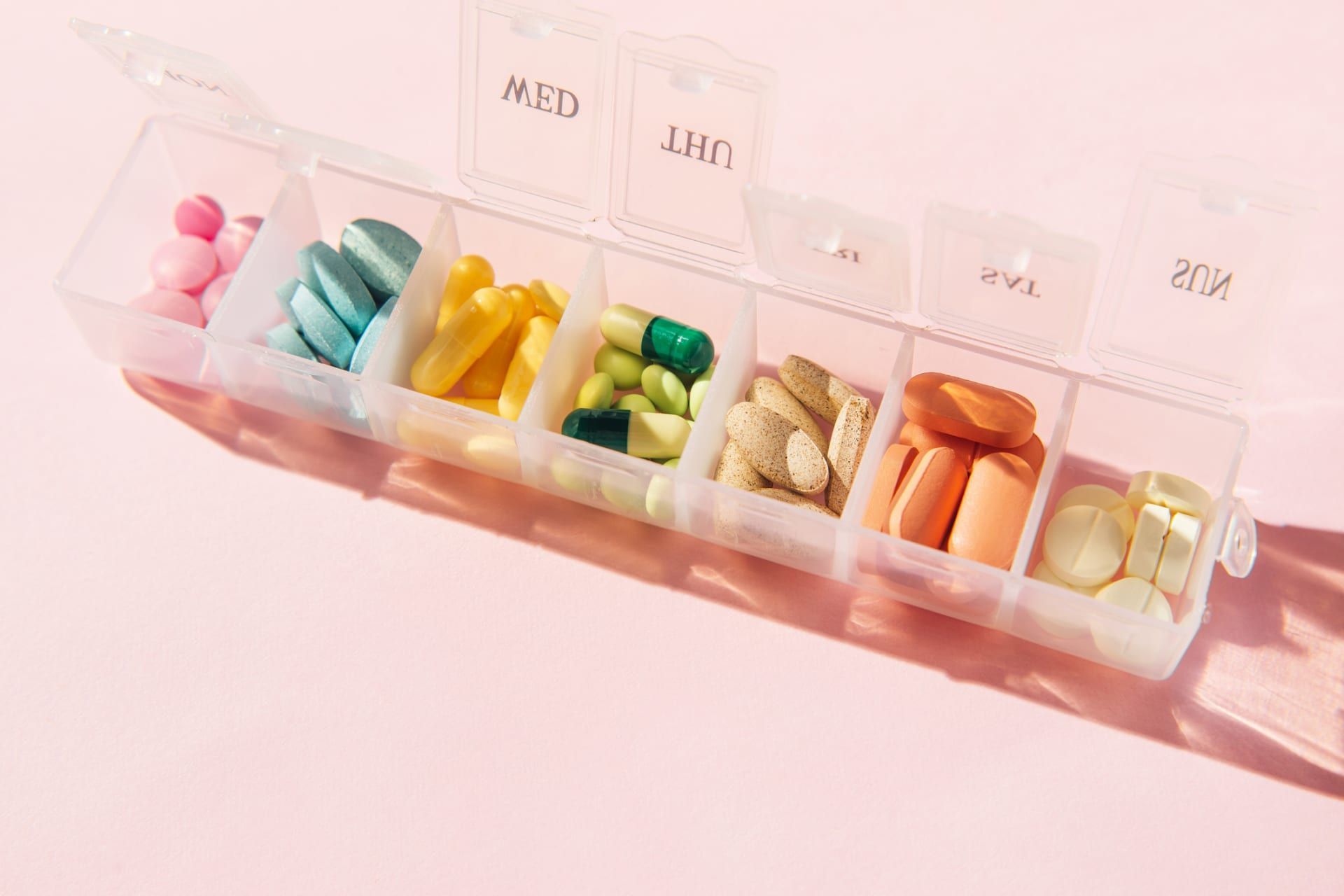7 Tips for Rehydrating Fast, Safely
Staying hydrated is crucial for maintaining overall health, supporting bodily functions, and enhancing physical performance. Rapid rehydration is often necessary, whether recovering from a challenging workout, battling the heat, or overcoming an illness. Here are seven tips to help you rehydrate quickly and safely.
1. Drink Water Regularly - Water is the most straightforward and effective way to rehydrate. Sip water throughout the day rather than drinking large amounts at once, as this allows your body to absorb it more effectively. Carry a reusable water bottle to remind yourself to drink consistently.
2. Consume Electrolyte-Rich Drinks
- Electrolytes such as sodium, potassium, and magnesium are essential for maintaining fluid balance. Sports drinks, coconut water, or specially formulated electrolyte solutions can replenish these vital minerals. Be mindful of the sugar content in some sports drinks and opt for low-sugar or sugar-free options when possible.
3. Avoid Alcohol - Alcohol can lead to dehydration because it acts as a diuretic, causing your body to lose more fluid than it consumes. Alcohol inhibits the release of vasopressin, a hormone that helps the kidneys manage water in your body.
Without adequate vasopressin, the kidneys do not efficiently reclaim water, leading to increased urine output and the loss of vital fluids and electrolytes. This can result in dehydration, mainly if alcohol is consumed in large quantities or on an empty stomach.
By avoiding alcohol, you're helping your body retain essential fluids and maintain proper hydration levels, which is important for your overall health and well-being.
4. Eat Water-Rich Foods -
Certain foods have high water content and can contribute to your hydration needs. Ideal foods include watermelon, strawberries, oranges, cucumber, celery, and lettuce. Including these in your diet can help you stay hydrated.
5. Monitor Your Urine Color - A practical way to gauge your hydration status is to check the color of your urine. Pale yellow urine indicates adequate hydration, while dark yellow or amber suggests the need to drink more fluids.
6. Hydrate Before, During, and After Exercise –
Physical activity increases fluid loss through sweat. To stay hydrated, drink water before exercising, take sips throughout your workout, and replenish your fluids afterward. For extended or intense exercise sessions, consider drinks that include electrolytes to replace lost minerals.
7. Listen to Your Body –
Your body gives you signals when it's dehydrated, such as feeling thirsty, having a dry mouth, or experiencing fatigue and dizziness. Pay attention to these signs and act promptly by drinking fluids. Don't wait until you are overly thirsty to start hydrating.
Staying hydrated is crucial for maintaining overall health and well-being. By adding these tips to your daily routine, you can ensure you rehydrate quickly and safely. Cheers to staying hydrated and feeling your best!
Credit Lauren Manaker MS, RDN, LD 7 Tips for Rehydrating Fast, Safely
https://www.health.com/how-to-rehydrate-fast-8670959
